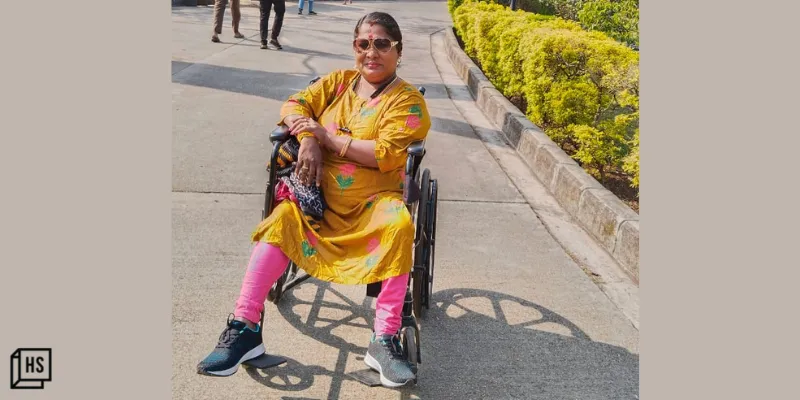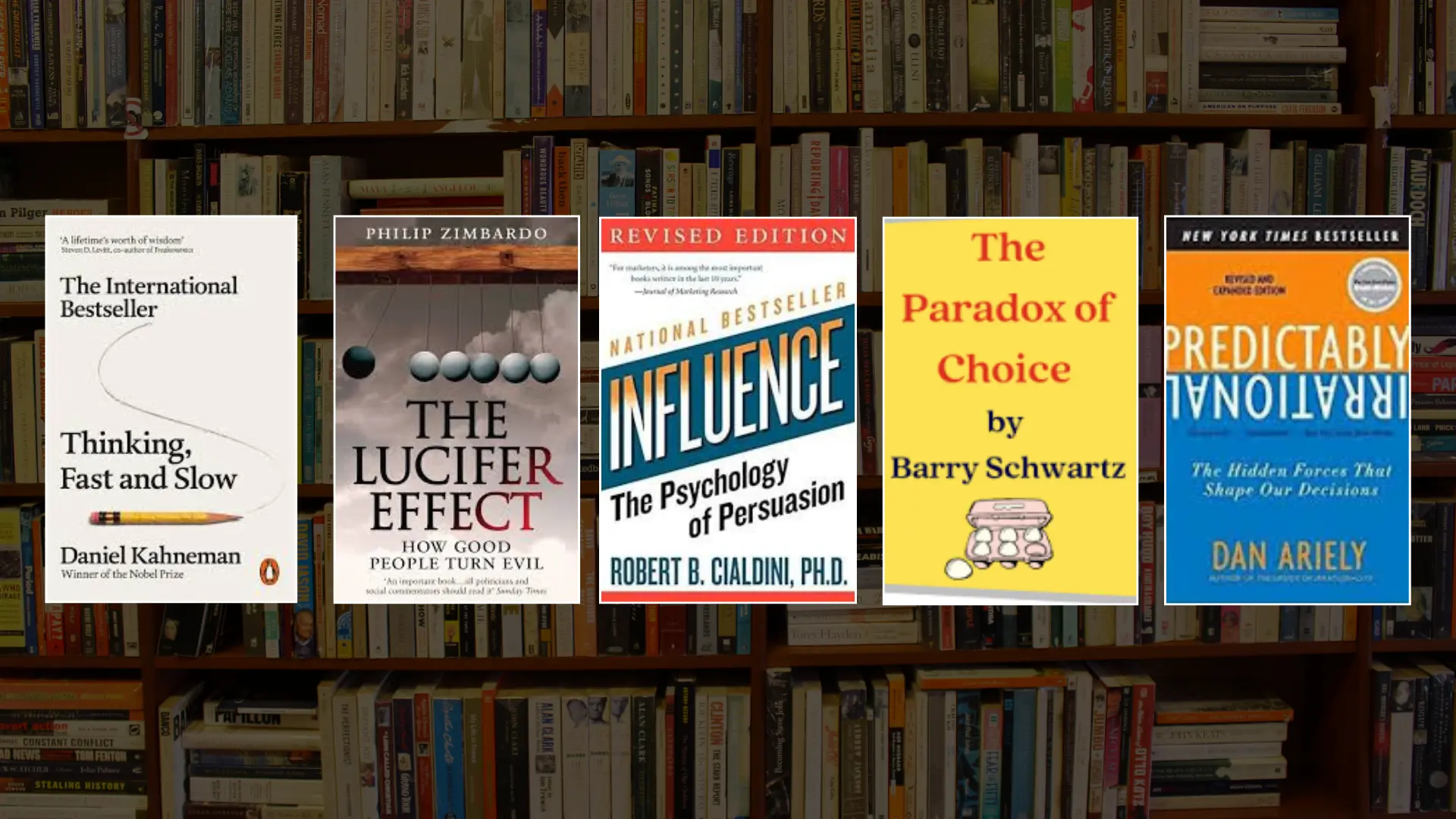Meet the disability rights champion empowering the lives of the disabled in Tamil Nadu
Sujatha akka runs the Development Forum for Women with Disability, a trust that works for the rights of disabled women in Tamil Nadu. She is also a community champion with Indus Action as part of its Samaaj/Samugham 3.5% programme.
Sujatha Kanthan was just one-and-half years old when she came down with a fever. It lasted two hours but sadly caused an attack of polio, which left her disabled for life.
Now, 42 years old, Sujatha akka (as she is fondly known) is a disability rights champion and advocate, changing the lives of hundreds of disabled people in and around Tamil Nadu. She’s also the founder of the Development Forum for Women with Disability, a trust that works for the rights of disabled women in the state.

Sujatha akka
“I was born a healthy child and started walking before my first birthday. My father recollects that fateful day when I couldn’t get out of the cloth cradle and fell, unable to stand again. A visit to the hospital followed, where I was diagnosed with polio. My right leg was affected,” Sujatha tells HerStory.
Growing up in Chennai’s Thousand Light, Creams Road, Thideer Nagar, a nine-year-old Sujatha underwent a series of surgeries and was fitted with special shoes that she wore to school. While the rest of the children sat on the floor, she sat separately as she needed more space. She felt alienated and complained bitterly at home.
Sujatha threw away her shoes and started walking using support—holding onto things and dragging herself.
She studied till Class 10 but failed her exams as she was “allergic to Mathematics, and I decided to give up on studies,” she says with a chuckle.
Soon after, she started working, first as a salesperson at Cooptex and many other places.
Individual and effective action
“When I was manning a PCO, I came in contact with a lot of disabled people who were not very aware of their rights and the benefits they could avail from the government,” she says.
Thus began Sujatha’s journey as a disability rights advocate.
She helped them to apply for disability pension and accompanied them to the tahsil or collector’s office, filling up forms on their behalf. She would also take them to the bank to help them withdraw the amount every month.
“I led a simple life, surrounded by the love and support of my family and friends. I would be busy the whole day when the pension was disbursed, and the rest of the time, I would focus on my work and help whenever people required it,” Sujatha says.
In 2017, the entire community had to resettle to Perumbakkam, and Sujatha discovered around 300-350 more disabled people in the area. It was time to do more.
After their eviction and resettlement, their disabled pension was cut off for a year because they had to change their address before reapplying.
“Even if the pension amounted to only Rs 1,000, it was a big amount for these people, and they were disappointed. I worked hard to reinstate pension not just for the disabled but for widows and others,” she shares.
Sujatha also gathered information on NGOs helping disabled people and how they could help her community. Through the Vasantam Foundation, she facilitated the distribution of wheelchairs to 50 people across Tamil Nadu.
During the COVID-19 pandemic, disabled people running small shops or pushcarts were hugely affected. She contacted NGOs to support them and help them restart their businesses and earn an income. Most of the disabled and their families are daily-wage workers.
“Employment for the disabled is rare, and there are no scholarships for our children. I managed to get scholarships worth Rs 2 lakh for 10 college students—all children of disabled people,” she adds.
Besides generating and distributing help in the form of funds, Sujatha also motivates disabled people to come out of their houses, be confident, and even run businesses.
Sharing the example of Sheela, a disabled woman, whom she knows from childhood, she says, “Sheela never came out of her house. I used to sit with her for hours together—plead and encourage her to step out and do something.”
“I opened a small garments shop for her, and later, a pushcart, where she could sell odds and ends for daily use. She finally started coming out and manning the pushcart. I also got her a Scooty Pep from the government,” she adds.
Becoming a community champion
Her work as a disability rights champion gained more traction when she started the Development Forum for Women with Disability, a trust with 300 members from all over India, along with Vanessa Peter, Founder of the Information and Resource Centre for Deprived Urban Communities.
For the past six months, Sujatha has been an active champion in Indus Action’s Samaaj/Samugham 3.5% programme. She, along with two other fellow champions, took responsibility for creating awareness on RTE 12 (1) (c) in their locality.
As per Article 21 A of the Constitution, children between the ages of 6 and 14 have the Fundamental Right to elementary education. To enforce this right, the Right to Free and Compulsory Education Act, 2009, commonly known as the Right To Education (RTE) Act, 2009, was enacted in 2009 and came into force in 2010.
The said section states that private unaided schools have the responsibility to dispense and provide free education to children from disadvantaged and weaker sections and admit at least one-fourth of the total strength of the class.
They initiated the on-ground process—right from identifying their place of operation, interacting with different stakeholders, like Block Heads, in their resettlement areas, and anganwadis in-charges to identify eligible beneficiaries, school officials, government officers, and most importantly, the people.
Sujatha used her experience and expertise to support her team members and resolve the challenges they faced on the ground.
Right now, the team is also focusing on the right to livelihood of unorganised sector workers. The activities involve reaching over 50 construction workers on providing awareness related to the welfare schemes under the Construction Workers Welfare Board of Tamil Nadu. They are also assisting at least 90% of the construction workers they interact with to get labour cards.
Sujatha was also part of the field team of a pilot study conducted by Indus Action on e-Sevai and conducted interviews with e-Sevai operators and citizens to understand their functions and perspectives.
These six months have changed Sujatha’s life significantly.
“I have learned how to use Google Docs, Drive, Meet, set up meetings, and finally, I have got rid of laziness, and I am out on the field for a long time,” she says.
Jeyasundari S, Associate, South Zone Operations, Indus Action, explains, “The training of the five community champions in the first cohort will focus on awareness, documentation, and application process of government schemes. It will involve training, participative methodology, and their becoming community leaders in the long run. It involves stakeholder interactions, government experiences, and experiential training.”
Right now, Sujatha is excited about organising a Women’s Day celebration as part of the trust’s activities.
“Also, I have finally begun to ride my scooter,” she says with pride.
Edited by Suman Singh







